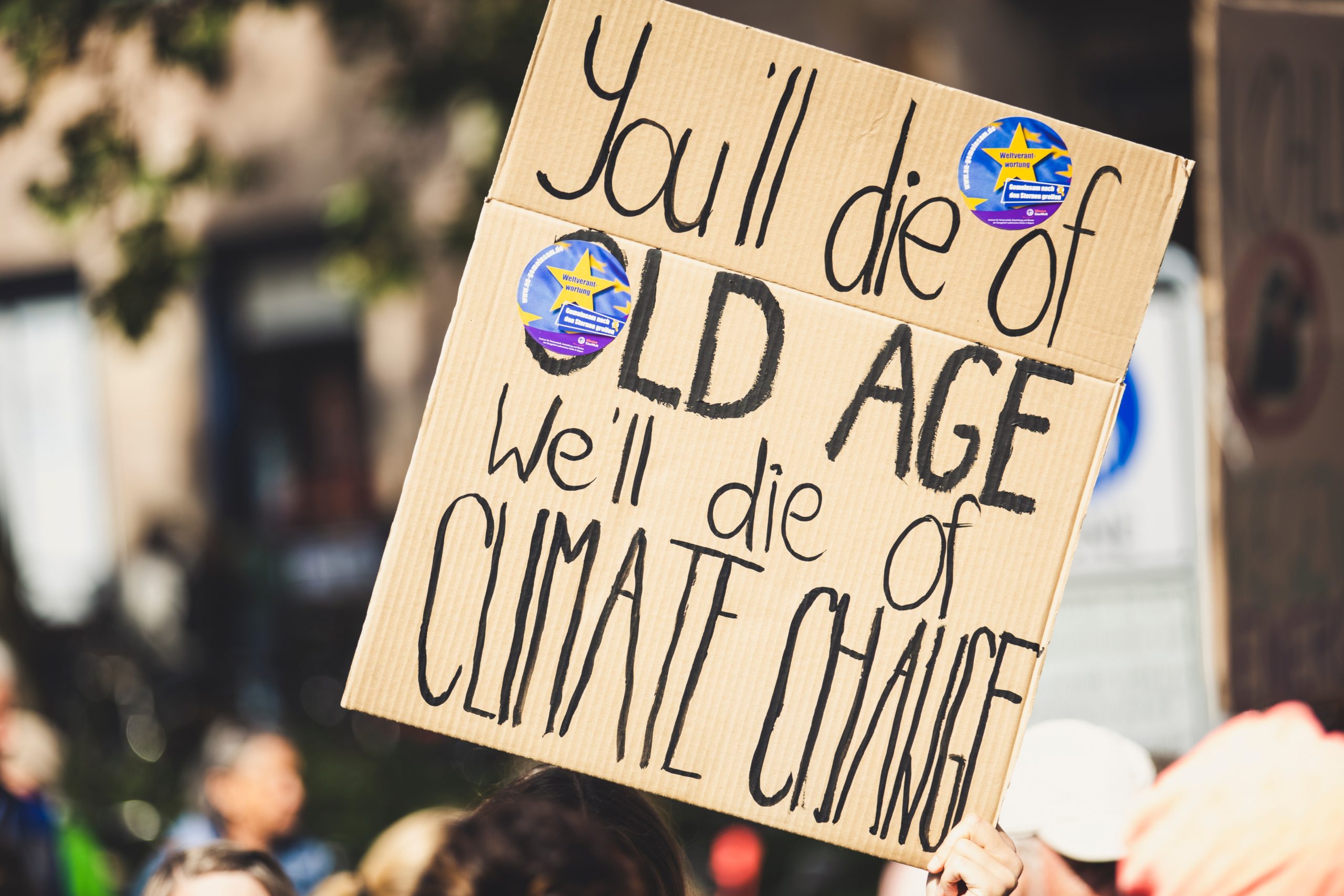Buy a Reusable Bottle
The first step to reducing your plastic use should definitely be buying a reusable water bottle. As students it’s important to stay hydrated whilst studying, especially when in the library for long periods of time. It takes an average of 450 years for a plastic bottle to decompose. Not only is it cheaper to have a reusable bottle but it is also a lot better for you, but it prevents you coming into contact with the chemicals used to make these plastic bottles. It doesn’t have to be a £20 Chilly’s Bottle, they can cost as little as £5.
Switch to Ecosia
Ecosia is a search engine which literally enables you to plant trees whilst you browse the web. Search ads on Ecosia generate income to plant the trees. It looks and works exactly like Google, and once installing it you can still search for something on google if you need to. Unlike most other search engines Ecosia also does not sell your data to advertisers and has no third-party trackers. If all students switched to this search engine a whole lot of trees would be planted.
Air-dry Your Clothes
Tumble drying uses a large amount of water unnecessarily, investing in a clothes rail to hang your clothes out to dry on is definitely worthwhile. It is estimated that the average tumble dryer emits more than a ton of carbon dioxide each year. As an added bonus, air drying your clothes prevents them from shrinking and generally keeps your clothes in better condition. This uses much less water which can also save you money on bills.
Choose Plastic-Free Fruit and Vegetables
Avoiding plastic wrapped fruit and vegetables reduces unnecessary waste produced by the single-use plastic but also reduces the pressure on recycling systems to cope with the large amounts of waste produced. Mainstream supermarkets are catching on to this trend by selling lose fruit and veg. Morrisons have also introduced a plastic free fruit and veg section in their stores. An easy and cheap way to shop plastic free for fruit and veg would be to go to Kirkgate Market in Leeds where all fruit and veg are loose meaning you can take your own reusable bag to stock up on your essentials. The market is also incredibly cheap, 5 peppers for £1 and avocados for 50p!
Cut Down on Fast Fashion
Maybe even more challenging than the previous method, is cutting down on buying from fast fashion brands such as Urban Outfitters, Topshop/Topman, H&M etc. The World Resources Institute have calculated that one truck of old clothes is taken to landfill each second! This is enough to fill one empire state building every day. There are so many alternatives to buying from fast fashion brands that will not only save you A LOT of money but also can even improve your style as you have access to unique pieces of clothing. Buying from Depop, eBay, Vintage shops and Charity shops are a good way to find hidden gems as well as reduce the impact your shopping addiction has on the planet. I find a good way to progressively cut down on fast fashion is to allow myself one item per month from a fast fashion brand and ensure this is only an item such as a pair of jeans or a coat that I will get a lot of use out of.
Ditch the Meat
A bit more challenging for some people, but in 2020 this is totally doable. According to the Food and Agriculture Organisation of the United Nations the livestock sector is “one of the top two or three most significant contributors to the most serious environmental problems, at every scale from local to global”. It is also estimated that livestock is responsible for 14.5 per cent of global greenhouse gas emissions. Students are always looking for ways to save money and this is definitely an option to do so as meat is likely to be the most expensive thing on your shopping list. This is probably the number one thing individuals can do to reduce their impact.
Nisha Chandar-Nair

